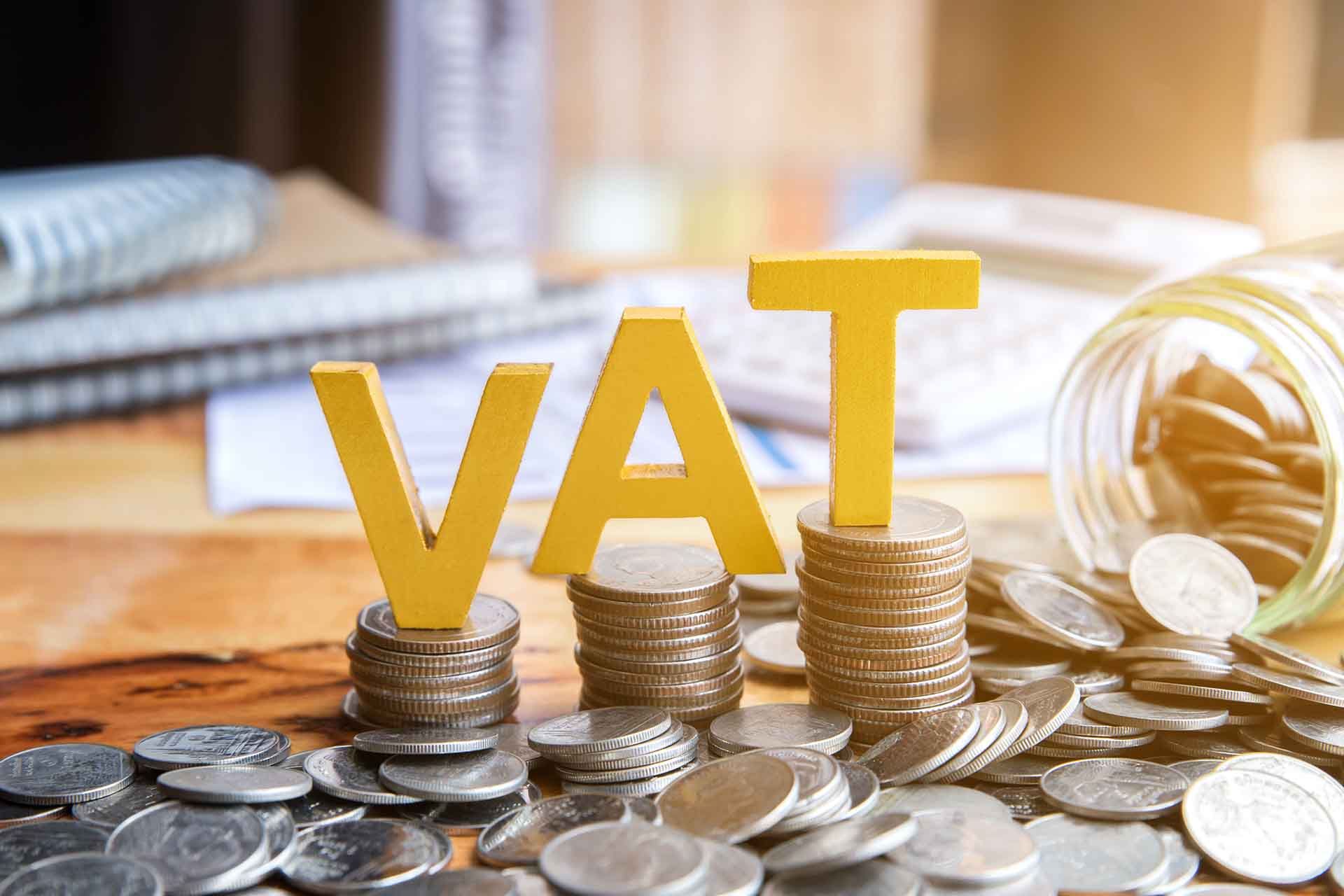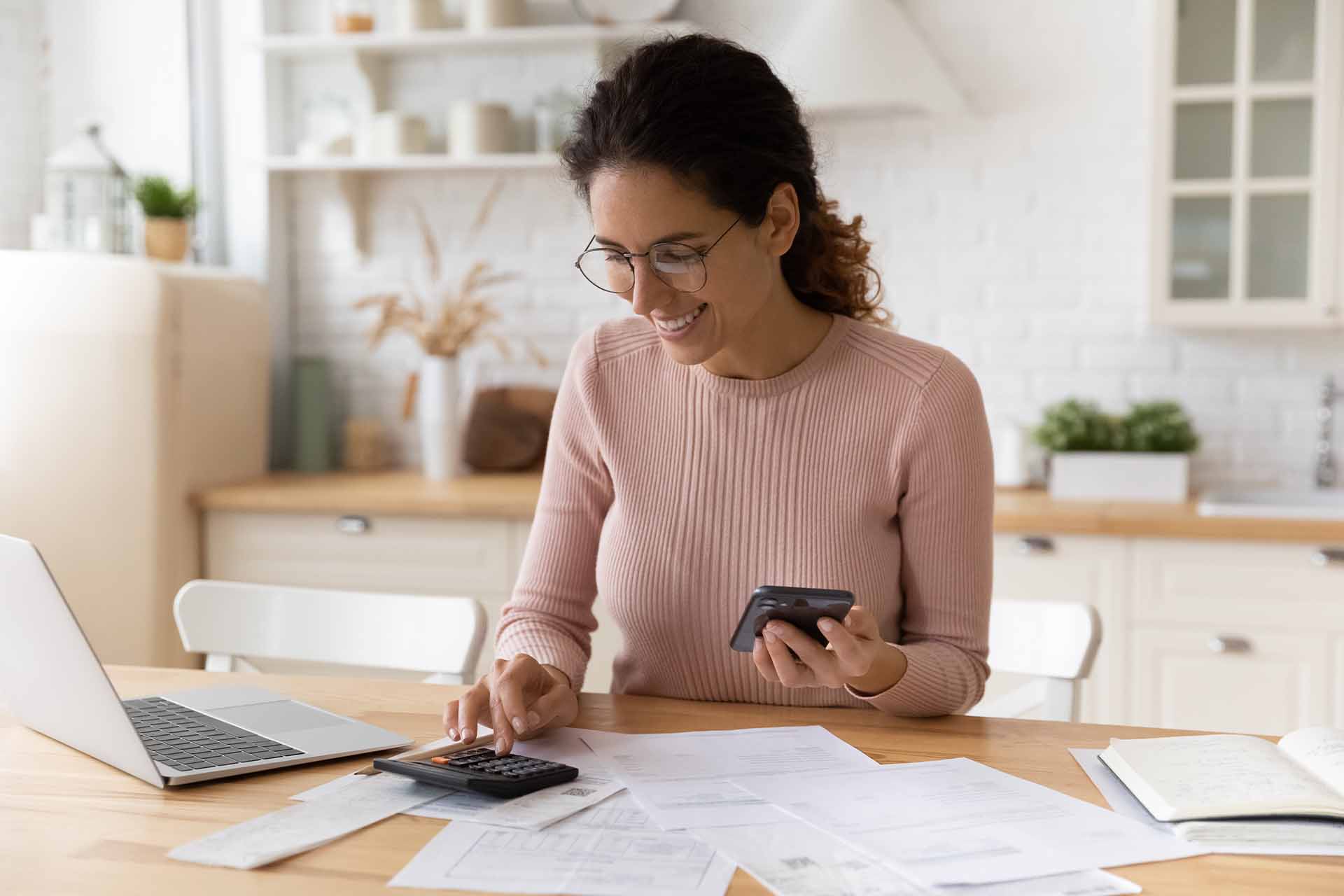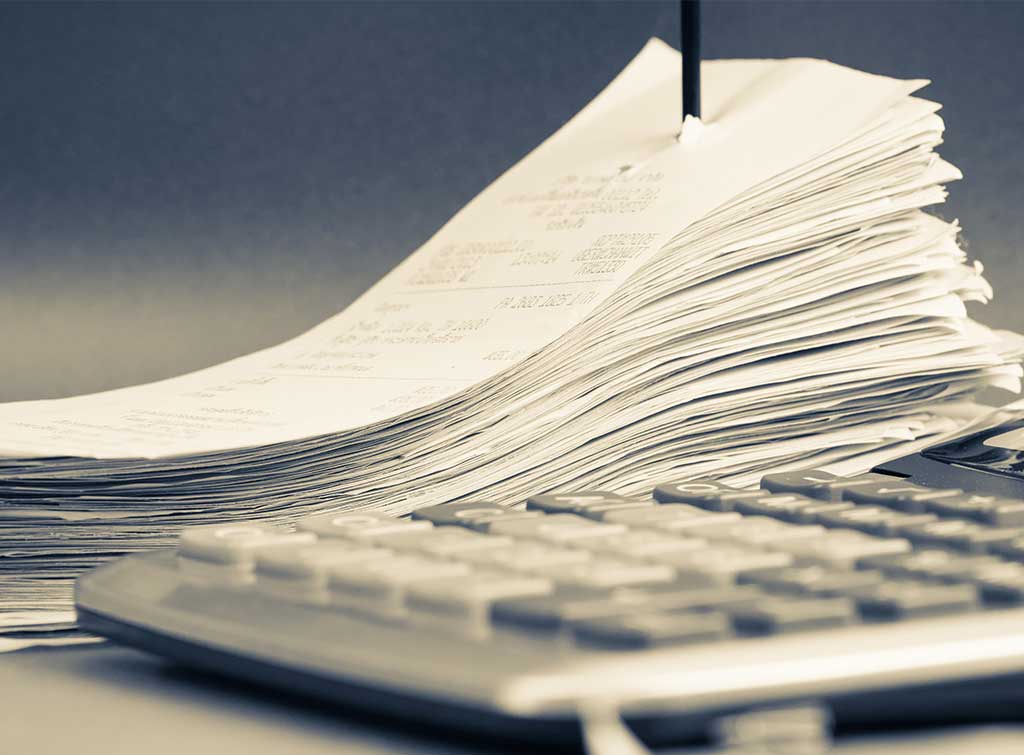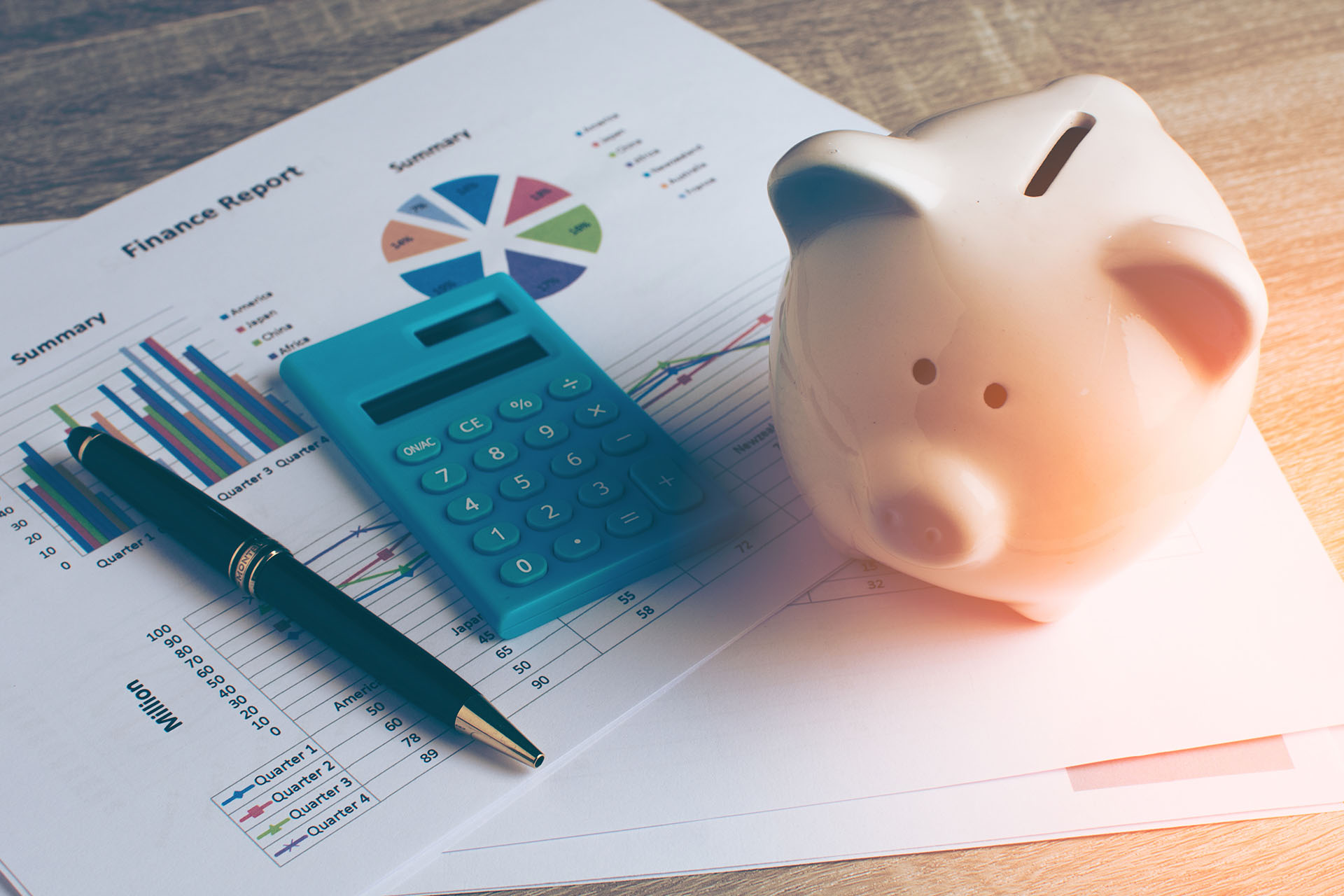Blog>Trade>Finance>Making Tax Digital: Top tips for your trade business
Last updated: 5 June 2024
Making Tax Digital: Top tips for your trade business
Making Tax Digital is a government initiative to simplify and streamline the tax-paying process. This article tells you what Making Tax Digital is, how it works and if you need to go digital.

Paper-based recording keeping by trade businesses is and has been replaced by digital alternatives. That applies to how you record the tax you owe HMRC.
Going digital might seem daunting, but we're here to help with the rules for Making Taxes Digital, including meeting your deadlines.
What is Making Tax Digital?
The government's Making Tax Digital (MTD) initiative simplifies and streamlines the tax-paying process. It's the beginning of the end of paper returns for declaring business tax.

How does Making Tax Digital impact trade businesses?
Making tax digital self-assessment is one option for self-employed tradespeople. HMRC's transition to digital records could apply if you are:
A trade business owner
A self-employed tradesperson
Paying tax under self-assessment
A landlord (who earns rental income from property)
You'll need to use online software to complete your digital tax returns.
Why is the tax law changing?
Making Tax Digital is essential to the government’s plans to make it easier for individuals and businesses to get their taxes right.
Going digital should also reduce the amount of tax HMRC loses due to avoidable errors.
How Making Tax Digital works
Making Tax Digital involves submitting updates four times a year. This involves using approved accounting software that links to HMRC.
That gives HMRC a more up-to-date picture of the overall tax situation.
Making Tax Digital uses software that can include:
An accounting app approved by HMRC
An app used by your accountant, if you have one
A pre-approved spreadsheet that meets HMRC's technical requirements
Although it may sound like more work, these changes should mean fewer mistakes. So, in the long run, you should save time.
You'll also be more certain that you've submitted tax returns correctly. Plus, it's far more environmentally friendly.
Making Tax Digital deadlines
Here are the key dates:
From 1st April 2022: any VAT-registered business should have signed up regardless of yearly earnings.
Everything to know about VAT for trade businesses
The decision to become VAT registered or not is a key consideration for every business. In order to run a successful company, you’ll need to know your responsibilities when it comes to paying and charging VAT. Read on for our complete guide to VAT for tradespeople. Understanding VAT for trade
You may have read about the original deadline to register in 2024. HMRC extended this to give businesses more time to prepare.
These are the new deadlines for self-employed sole traders (and property landlords):
From 6 April 2026: if you have an annual business or property income of more than £50,000
From 6 April 2027: if you have an annual business or property income of more than £30,000
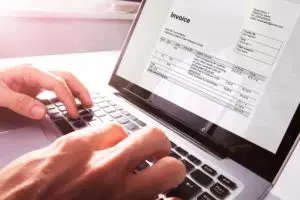
What are the rules for Making Tax Digital?
Just like it's a legal requirement to submit your tax return each year, rules for Making Tax Digital have a legal backing.
You'll need to keep the same records digitally and in a format HMRC is happy with.
Before registering for Making Tax Digital, find software that's compatible with MTD for VAT and then sign up here.
Making a tax digital self-assessment
You must keep your digital records up-to-date using an HMRC-compatible software package. It needs to hold all your records in one place and allow you to submit your VAT returns digitally. You can also use other 'bridging software' to connect your spreadsheets to HMRC.
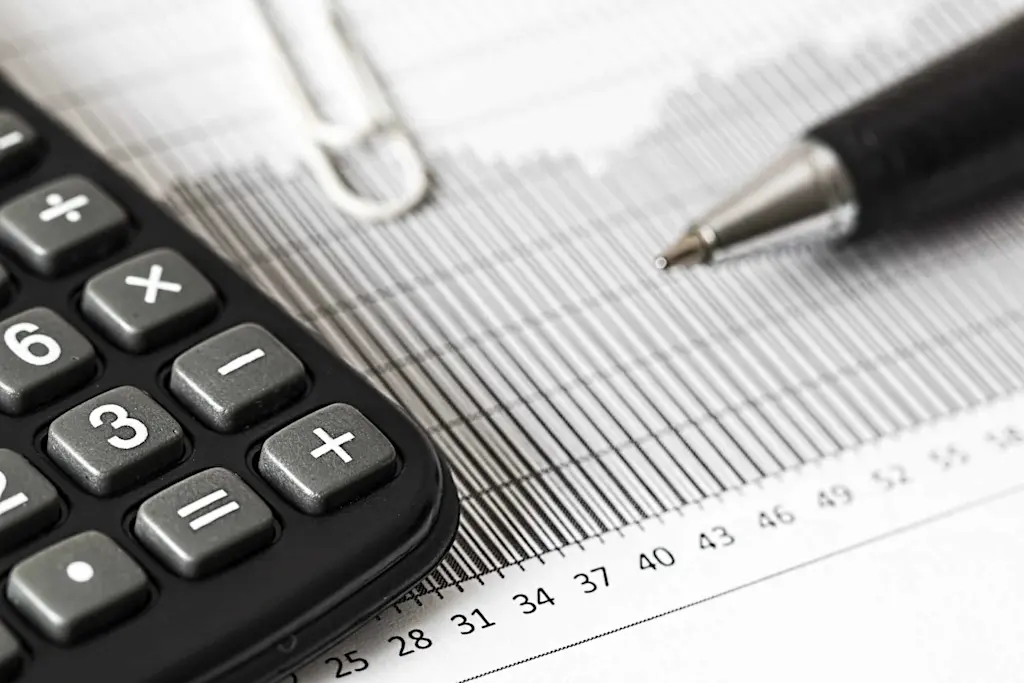
Will HMRC provide free software for making tax digital?
HMRC has provided a list of digital tax software companies. These offer compatible apps in line with the new rules.
Keep things simple
No matter how small your business is, maintaining up-to-date records is essential. That includes a list of expenditures and processes throughout the year. It will save you a headache further down the line.
Not only will you be able to provide accurate records, but it'll stop any last-minute rush to submit returns.
Bookkeeping for small business made simple
The importance of bookkeeping for your small business Bookkeeping for your small business is vitally important. It's the process by which you record and report monies coming in and payments going out of your business. Keeping on top of your company bookkeeping allows you to manage your finances
Grow your business with our support
Getting your tax reporting sorted is just one element in running a successful trade business. Bringing in work and building your revenue are the bedrock.
That’s where we can help you. Checkatrade members receive our help with new enquiries. There are lots of other benefits of Checkatrade membership too.
They include:
Dedicated membership advice team
Work guarantee up to £1,000
Exclusive offers and discounts
Reduced cost of workwear and branding
Savings on other business essentials such as vans, fuel and materials
What do you need to become Checkatrade approved?
Becoming a Checkatrade member comes with a whole host of benefits, but the biggest has to be gaining our seal of approval. Homeowners tend to expect a commitment to quality when it comes to the Checkatrade tick, which can help you to win more business. Here are the checks you'll need to pass to join our directory.
Key takeaways
Create a filing system on your computer to store invoices, payslips, and expense receipts (this can even be a folder on your email account)
Where possible, update your records every month. A good idea is to clear a day in your diary and add it to your calendar so you don't forget
Learn to use your HMRC-compliant online software effectively in advance
Make sure you submit your tax returns on time
If your trade business is VAT-registered then should already be on Making Tax Digital
Check the dates when your trade business might need to register for Making Tax Digital
Ready to take your business to the next level?
We can help you get there
DISCLAIMER
This is information – not financial advice or recommendation. The content and materials featured or linked to on this blog are for your information and education only and are not intended to address your particular personal requirements. The information does not constitute financial advice or recommendation and should not be considered as such. Checkatrade website is not regulated by the Financial Conduct Authority (FCA), its authors are not financial advisors, and it is therefore not authorised to offer financial advice.
Always do your own research and seek independent financial advice when required. Any arrangement made between you and any third party named or linked to from the site is at your sole risk and responsibility. Checkatrade blog and its associated writers assume no liability for your actions.
